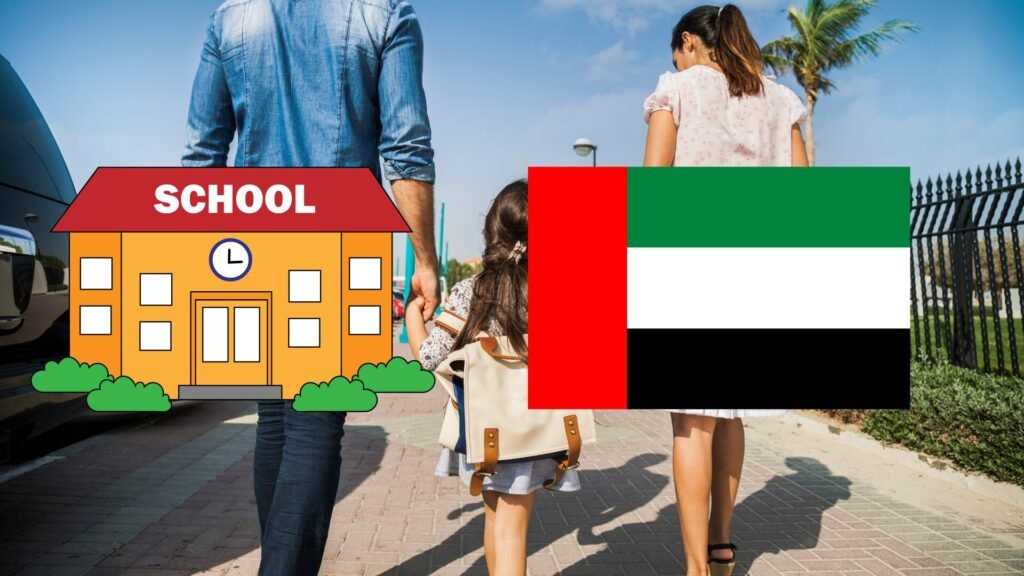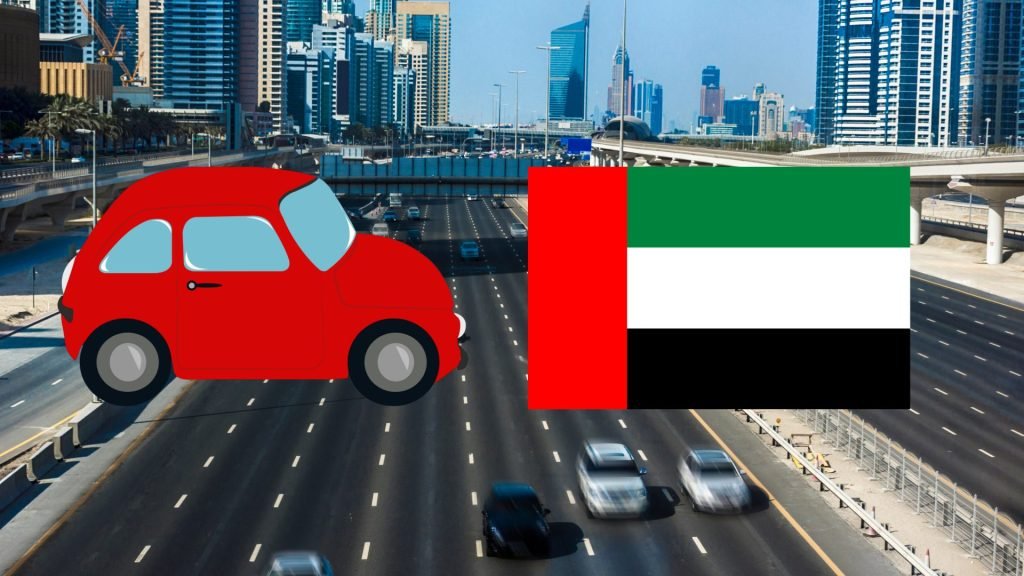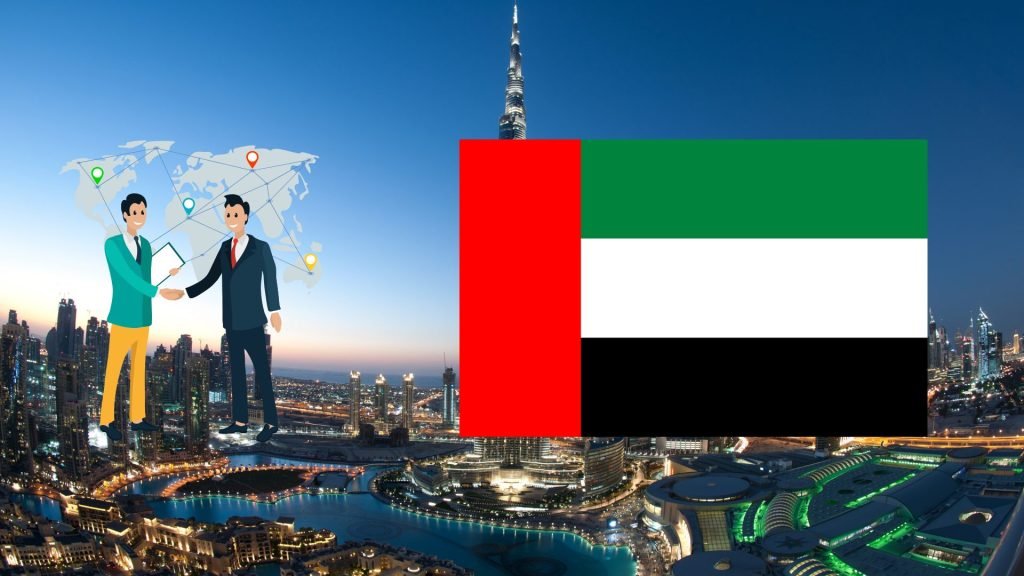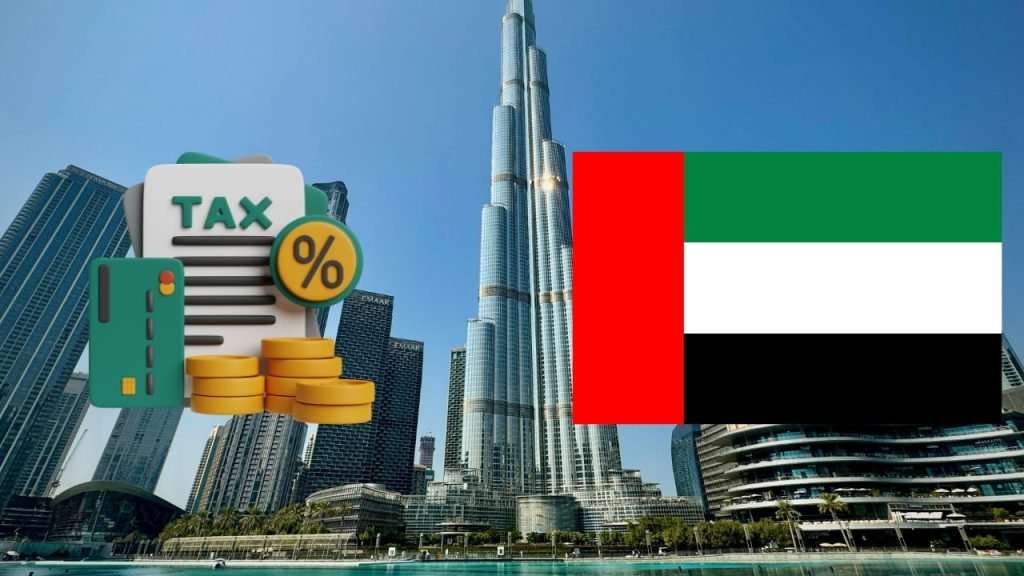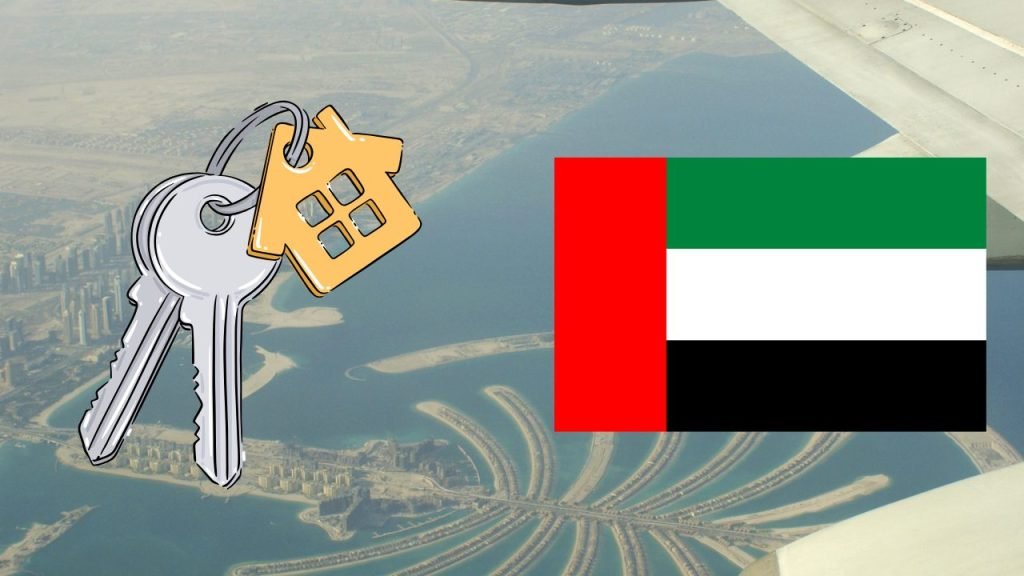Is Dubai veilig? Dubai staat wereldwijd bekend als een van de veiligste steden ter wereld. Veel Europeanen die emigreren naar Dubai of op vakantie gaan, stellen zichzelf de vraag: “Is Dubai echt zo veilig als wordt beweerd?” In dit artikel bekijken we de feiten, cijfers en praktijkervaringen, zodat je als bezoeker of toekomstige inwoner goed geïnformeerd bent over veiligheid en criminaliteit in deze iconische stad.

Dubai in International Safety Indexes
According to the international database Numbeo, Dubai ranks among the top five safest cities in the world, with a safety index of 83.7 (2023). This means that residents and tourists feel relatively safe during both day and night walks, something that is not self-evident in many world cities.
Moreover, Dubai is presented by the United Arab Emirates itself as a city with extremely low crime rates. Official statistics show, for example, that the number of murders in 2024 was only 0.2 per 100,000 inhabitants—a figure far below that of European capitals.
So is Dubai safe: yes, Dubai is safe. There is little crime.
Crime in Dubai
What about crime in Dubai? Crime rates in Dubai are remarkably low, especially when we look at violent crimes:
- Murder: 0.2 per 100,000 inhabitants
- Rape: 0.2 per 100,000
- Robbery: 4.5 per 100,000
- Theft: 7.6 per 100,000
- Drug offenses: 10.7 per 100,000
More information about these figures? Check the Dubai Police website: Major Crime Statistics.
The total number of registered serious crimes in 2024 was 31.4 per 100,000 people. For comparison: in cities like Amsterdam or Brussels, that figure is often above 100. These low figures are partly the result of intensive law enforcement, heavy camera surveillance, and harsh penalties.
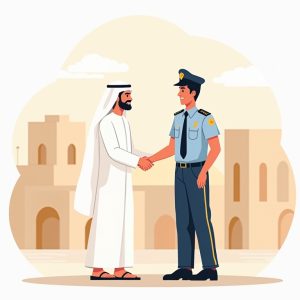
Which Forms of Crime Are Most Common?
Although serious crime is rare in Dubai, some forms of crime do occur:
Petty Crime
Robbery and theft are most common in Dubai, with theft occurring 7.6 times per 100,000 inhabitants and robberies 4.5 times per 100,000 inhabitants.
Pickpocketing, car theft (1.7 times per 100,000 inhabitants), and theft can occur, especially in busy areas such as the souks or around tourist attractions.
Yet these things remain exceptions: most residents leave their cars parked open without worry or forget their phones on a coffee table.
Criminals are also very aware of the consequences in Dubai if they get caught, so they often choose another city to commit these kinds of crimes.
Traffic Offenses
Traffic violations are relatively common, including reckless driving or ignoring speed limits. Traffic offenses do not fall under crime in Dubai, of course, but the police are indeed dealing with it.
There are cases of serious accidents, particularly due to speed or poor visibility (e.g., fog).
Rare but Serious Crimes: What (Almost) Never Happens?
Unlike many other world cities, serious crimes such as murder, armed robbery, or sexual violence in Dubai are extremely rare. This is partly due to the culture, but mainly to the strict legal system and intensive surveillance.
- Violent crimes: According to official figures from Dubai Police, serious violent offenses such as murder or severe assault are extremely scarce. Murder rates have been below 0.3 per 100,000 people for years.
- Sexual violence: Rape is also rarely reported (0.2 per 100,000), but foreign governments, such as the UK, point out the risk that victims themselves may be prosecuted if the situation is interpreted as “consensual”—especially when alcohol is involved.
- Gun violence: Weapons are prohibited for civilians in Dubai. As a result, the chance of firearm-related violence is virtually non-existent.
Strict laws and harsh penalties as deterrents
Dubai’s low crime rates are largely due to strict legislation and a zero tolerance policy.
Alcohol and drugs
- In Sharjah, alcohol is completely prohibited. In Dubai, alcohol is only allowed in licensed establishments. Public intoxication is punishable.
- Drug possession, even in minute quantities (or traces in the blood), can lead to a minimum of three months imprisonment or a fine of up to 100,000 dirhams. Drug trafficking can result in the death penalty.
Theft, fraud, and insults
- Theft or financial fraud typically results in imprisonment and possible deportation.
- Insults (including online), obscene gestures, or taking photos of people without permission can lead to fines or imprisonment. Even unintentional misconduct on social media can have legal consequences.
Surveillance and enforcement in practice
Dubai is known for its extensive network of surveillance cameras and rapid police response.
- In neighborhoods like Dubai Marina, Downtown, and The Palm, there are literally multiple cameras active on every street corner.
- The police respond quickly, often speak multiple languages, and even offer a special tourist police service via app or hotline.
- Minor offenses such as street fights, indecent behavior, or illegal parking are strictly enforced.
What many people experience is a mix of high security and social trust, as long as one follows the rules.

Crime targeting expats and tourists
Dubai is a popular destination for tourists and expats. But does that mean you’re never at risk as a foreigner? Not entirely. While the chance of physical crime is low, there are specific risks that mainly affect expats and tourists.
Opportunistic theft
Rare, but it happens: bags, mobile phones, or wallets being stolen when someone is momentarily inattentive in a shopping mall or hotel. Especially busy places like the Gold Souk or tourist attractions are areas where you need to be alert.
Legal pitfalls
Another risk is that many foreigners unknowingly violate laws, such as:
- Smoking in unusual places
- Offensive behavior or gestures
- Flirting, kissing, or touching in public
- Clothing considered inappropriate
Such behaviors can lead to arrest, fines, or deportation.
Counterfeit services or products
There have been cases of tourists encountering fake tours, false taxi drivers, or sellers of counterfeit goods. Although not widespread, caution is advised.
What are the risks at airports and in hotels?
Dubai is known for its strict airport controls and security measures in hotels, but that doesn’t mean you’re not at risk.
Airports
- Drug screening is extremely strict. Even residues of drugs in your luggage or body can lead to arrest.
- Prohibited electronics or medications can also cause problems if you don’t have a permit. Always check the list on the UAE Ministry of Health’s website in advance.
Hotels
Regarding hotels, you should ensure that people are not tempted to do anything illegal (just like in the rest of the world). Hotels are generally safe and well-secured, but:
- Don’t leave valuable items unattended in the room.
- Hotels usually take a copy of your passport – this is legal, but you don’t need to permanently hand over your passport.
- Couples often need to prove they’re married if they want to stay together – this isn’t always strictly checked, but it can be a problem at conservative hotels.

What happens if you become a victim of a crime?
Although the chance of becoming a victim of crime in Dubai is small, it’s good to know what to do if it does happen.
Filing a report
- Call 999 for emergencies (police, fire department, ambulance).
- For non-urgent matters, such as loss of belongings or reports of minor crimes, call 901 or contact the tourist police via the Dubai Police app or email.
- Police stations are easily accessible, and many officers speak English or can arrange for a translator.
Support
- Tourists often receive assistance from the Tourism Police, who are specially trained to deal with foreigners.
- Legal advisory services are available through embassies or expat organizations.
- In case of serious crimes such as assault or fraud, it’s important to not share information online, as this can be used legally against you.
Note: Dubai has Sharia influences, which can make matters such as sexual violence or abuse legally complex – especially if alcohol was involved or if there’s insufficient evidence.
The Role of Religion and Culture in Crime Prevention
Dubai is part of an Islamic country with strict social norms and values. This culture plays a direct role in the low crime rates.
Social Control and Shame Culture
Residents of Dubai – especially Emiratis – are raised with the idea that honor, family, and social status are important. Public scandals are unacceptable. This ensures that many people simply avoid crime, if only out of fear of social exclusion.
Religious Influence
- Alcohol is forbidden for Muslims.
- Fasting during Ramadan is strictly observed.
- Overt expressions of aggression, sexual freedom, or disrespect are socially condemned and legally addressed.
These moral frameworks ensure that society is strongly focused on order, cleanliness, and mutual respect – especially in public.
Dubai versus Other Emirates: Are There Differences?
Although Dubai maintains a high standard of safety, it’s important to understand that each emirate has its own rules and approach.
Dubai: Modern, but Strict
Due to the many Western expats and other cultures in Dubai, Dubai is relatively easy compared to other Emirates.
- Internationally oriented, with many expats and tourists.
- Admission policy for alcohol and Western customs is relatively lenient.
- Police are technologically advanced and service-oriented.
Sharjah: The Strictest Emirate
- Alcohol is completely forbidden.
- Public dress codes are stricter.
- Fines and arrests for inappropriate behavior are imposed more quickly.
Abu Dhabi and Other Emirates
- Less international than Dubai, but generally also safe.
- Policies are similar, but less lenient on certain social freedoms.
If you travel within the UAE, keep in mind these local differences in legislation and enforcement.
Yes, Dubai is known worldwide as one of the safest cities. Crime rates are low, especially regarding violent crimes such as murder, rape, or robbery. However, vigilance is always important – particularly for scams or unintentional violations of local laws.
The most common forms of crime are petty theft, digital fraud, and traffic violations. Serious crimes are very rare, but caution is still advised with social media, dating apps, and financial investments.
Yes, that can happen. Especially when violating social and cultural rules, such as public drunkenness, offensive behavior, or indecent clothing. Inform yourself about local customs in advance to avoid problems.
Call 999 immediately for emergencies. For non-urgent matters, you can contact the tourist police via 901 or the Dubai Police app. Always file a police report and consult your embassy for serious incidents.
Call 999 for emergencies.
